Is it possible to have no more bloating? In the first part of a 2 part series, we’re going to discuss some of the common causes behind bloating.

I want to begin by saying very clearly that all digestive issues, including bloating, are remarkably complex. It was really hard for me to write this post because the cause of people’s bloating, and therefore the appropriate treatment, will therefore be highly individualized. So for example, the recommendations for folks with bloating from constipation would possibly make bloating from SIBO far worse and vice versa. So ALWAYS speak to a Registered Dietitian who specializes in digestive health about your unique case. In fact, I consulted with not one, but FOUR of my GI RD colleagues to get their clinical insight. So a big thank you to Dasha Agoulnik, Amber Gourley, Caitlin Self and Lacey Dunn for their help.
Next I want to flag that diet culture has kinda co-opted the term bloating to be a more PC term for fat. It’s also pathologized the very normal experience of your stomach expanding and contracting throughout the day. This is BS. Its normal to experience daily gas, and its normal for your bowel habits to change in response to certain foods or times of the month. But if you’re experiencing bloating that is painful, linked to other side effects like nausea, you’re visibly distended to the point that you look pregnant and these symptoms seem to be chronic and persistent every day, then it’s worth reaching out for help.
So in this part 1 we’re going to discuss top reasons why you may be experiencing bloating, and in part 2 we will get into what to do to achieve no more bloating.
Reason #1: Food Intolerances
Undiagnosed food intolerances to things like dairy, gluten or literally any other food that are being being poorly digested, and therefore fermenting in the gut, can cause excess gas production and bloating. Allergies can also occasionally cause bloating because the histamine response can increase mast cell production, which may elevate estrogen, which causes constipation, which ultimately results in bloating. But generally speaking, bloating is more of an intolerance than allergy symptom. Unfortunately, while food allergies can be reliably diagnosed, intolerances are a little more hit and miss. Those food sensitivity tests you see all over Instagram are NOT evidenced based, so an elimination diet which should be supervised by a registered dietitian is really the gold standard of care.

Reason #2: Sensitivity to High FODMAP Foods
FODMAPs are short chain carbohydrates that are poorly absorbed in the small intestine, leaving them to be fermented by bacteria which then causes gas. Some of the more common offenders include foods like cruciferous veggies, beans & legumes, dairy, wheat as well as some non-calorie sweeteners. However, It’s important to note that sensitivity to high FODMAP foods is highly individualized – meaning that you could be sensitive to certain high FODMAP foods in specific quantities but be able to tolerate others in higher quantities. Again, this is why it’s important to work with a dietitian to help you eat the greatest variety of foods with the fewest amount of symptoms for no more bloating.
Reason #3: You’re Swallowing Too Much Air
What we consume and how we consume it can increase the amount of air we swallow which can build up in the digestive tract and lead to uncomfortable gas. Things like drinking carbonated beverages, drinking through a straw, chewing gum, eating while talking or eating in a hurry – can all contribute to the amount of air entering our bodies and subsequent bloating.

Reason #4: You’re Undereating or Suffering From an Eating Disorder
There’s a strong correlation between disordered eating and bloating for a variety of reasons. In short, chronically under eating can reduce stomach acid production and serotonin levels which slows motility, and can cause a sluggish thyroid and gastroparesis, which slows digestion. This often can perpetuate further disordered eating because people wrongfully assume they have food intolerances because they have symptoms when they do eat, so they are fearful of eating, and then even less. And this actually just makes the digestive symptoms worse.
Reason #5: You’re Not Getting Enough Fibre and Hydration
One of the major causes of bloating is actually constipation or poor motility. If you’re not consuming enough fibre and water to help move stool through the bowels, you’re going to get backed up, which means more fermentation and the result is more gas, bloating and distention. You’ll want to aim for at least 25 to 38 grams a day, depending on sex, size and tolerance, and a mix of soluble and insoluble from fruit, veggies, whole grains, and other plants. And don’t forget that with any fibre, you need enough water to help propel that bulk through the bowel, so make sure you’re hydrating to prevent getting even more backed up for no more bloating.

Reason #6: You’re Eating Too much Fibre
Speaking of backed up, fibre is a really delicate balance when it comes to digestion. It’s a real goldilocks and the three little bears situation – the porridge can easily to be too hot or too cold. It’s sometimes hard to get it just right. But consuming an excess of fibre is usually is accompanied by a heavy load of FODMAPs, which can cause fermentation which leads to gas. This is specifically an issue if you’re not used to consuming fibre, and you suddenly consume a huge load of it, and perhaps aren’t consuming enough water to support it. This is why it’s worth working with a professional for any constipation related issues because there can be some really careful trial and error to ensure you’re getting enough fibre, but not too much, to help move the bowels without excessive bulk.
Reason #7: Inadequate Digestive Outputs
Any time we see someone make any drastic quick changes to their diet, whether its a crash weight loss diet, unsupervised elimination diet, eating disorder etc., theres a risk of normal digestion going south. Major and fast changes to diet don’t allow your body the time it needs to catch up on digestive outputs like creating the right enzymes or stomach acid amounts. So for example, if you’ve been dairy free for years and suddenly have a bowl of ice cream, your body has gotten used to not having to produce the lactase enzyme to break that down. So ya, it’s going to hurt. Ditto for folks who have gone vegan, and who suddenly have a 16 oz steak. Their body didn’t get the urgent memo in time to produce enough of the protease enzymes and stomach acid to break that porterhouse down. So we need to go really slow to train your gut to up-regulate the enzyme and stomach acid production to meet the bodies changing demands.
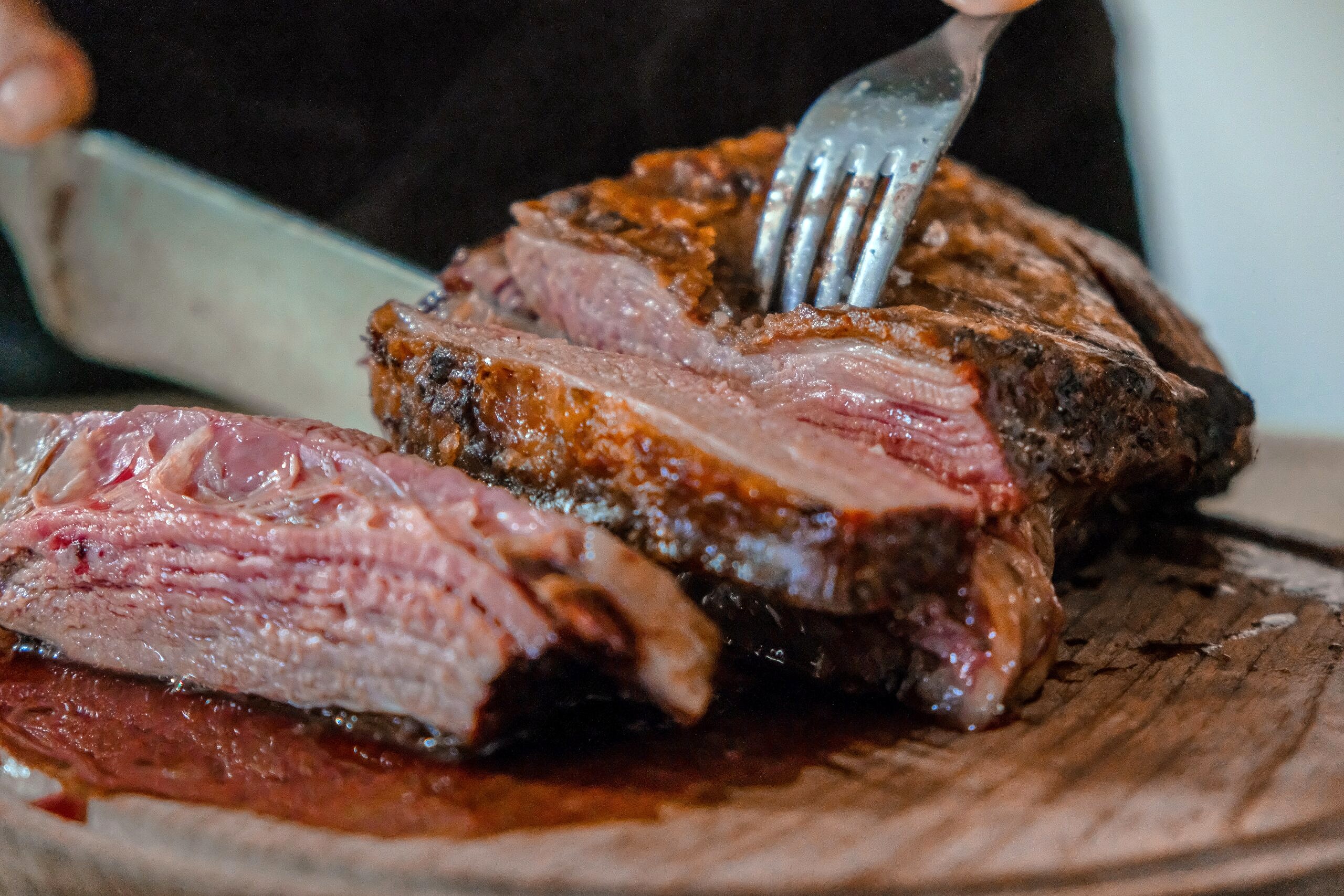
Reason #8: Hormones
The rise in progesterone hormone leading up to that time of the month can not only contribute to a feeling of bloating from some water retention, but often results in constipation which can further exacerbate symptoms of gas, bloating and abdominal discomfort. I’m simplifying because hormones is another massively complicated topic, especially in terms of creating no more bloating, so lets just leave it at that.
Reason #9: You Have a Functional GI Disorder
If you ruled out all of the above and you are still experiencing bloating, it could be a sign that there may be a more serious gastrointestinal disorder going on. Some common digestive disorders that can cause bloating include things like irritable bowel syndrome, inflammatory bowel disease, celiac disease, hypochloridia, histamine intolerance and pancreatic insufficiency. I’m not going to get into the nitty gritty on each of these, but if you do suspect there is a medical issue, be proactive and pushy with your primary health provider to get the appropriate tests run.

Reason #10: Infection, Overgrowth or Dysbiosis
There are a number of potential infections and overgrowths that can contribute to digestive symptoms like bloating. Things like H pylori, SIBO, SIFO, C. Diff, Candida, worms, parasites, or just general dysbiosis in the gut. The diagnostic tools we have for these include breath tests, or GI Mapping or other stool samples that your doctor can order from a lab. In any case, do not follow some TikToker’s protocol and assume you have an infection or overgrowth without the proper tests run, because there are pharmaceutical and herbal treatments for these that are very specific to the cause.
Reason #11: Thyroid Dysfunction
The thyroid is so important. Not only is it your metabolic epicenter, but its also in charge of communicating with every other system to produce enough bile acid, pancreatic acid, enzymes, stimulate motility – you name it. Folks with hypothyroidism or hashimotos often experience severe digestive distress and bloating because the thyroid receptors in the abdomen are not getting enough thyroid hormone so the gut isn’t getting those digestive signals. As a result we see poor motility which leads to constipation which means the food has more time to ferment, and therefore lots of gas and bloating which also predisposes these folks to other conditions like SIBO and candida. In any case, these symptoms usually improve dramatically once we get the thyroid hormone up.
#12: Trauma to the Gut Brain Axis
I have briefly spoken about the brain gut axis before, but in short this is the bidirectional communication between the central and enteric nervous system that links cognitive centres of the brain with intestinal functioning. It’s the concept behind the idea of having butterflies in your stomach. Any physical or emotional trauma that damages this brain gut axis has the power to cause bloating. So this could be actual physical trauma like a football players head injury, or more psychological trauma related to PTSD, depression or anxiety which is also often related to low serotonin.
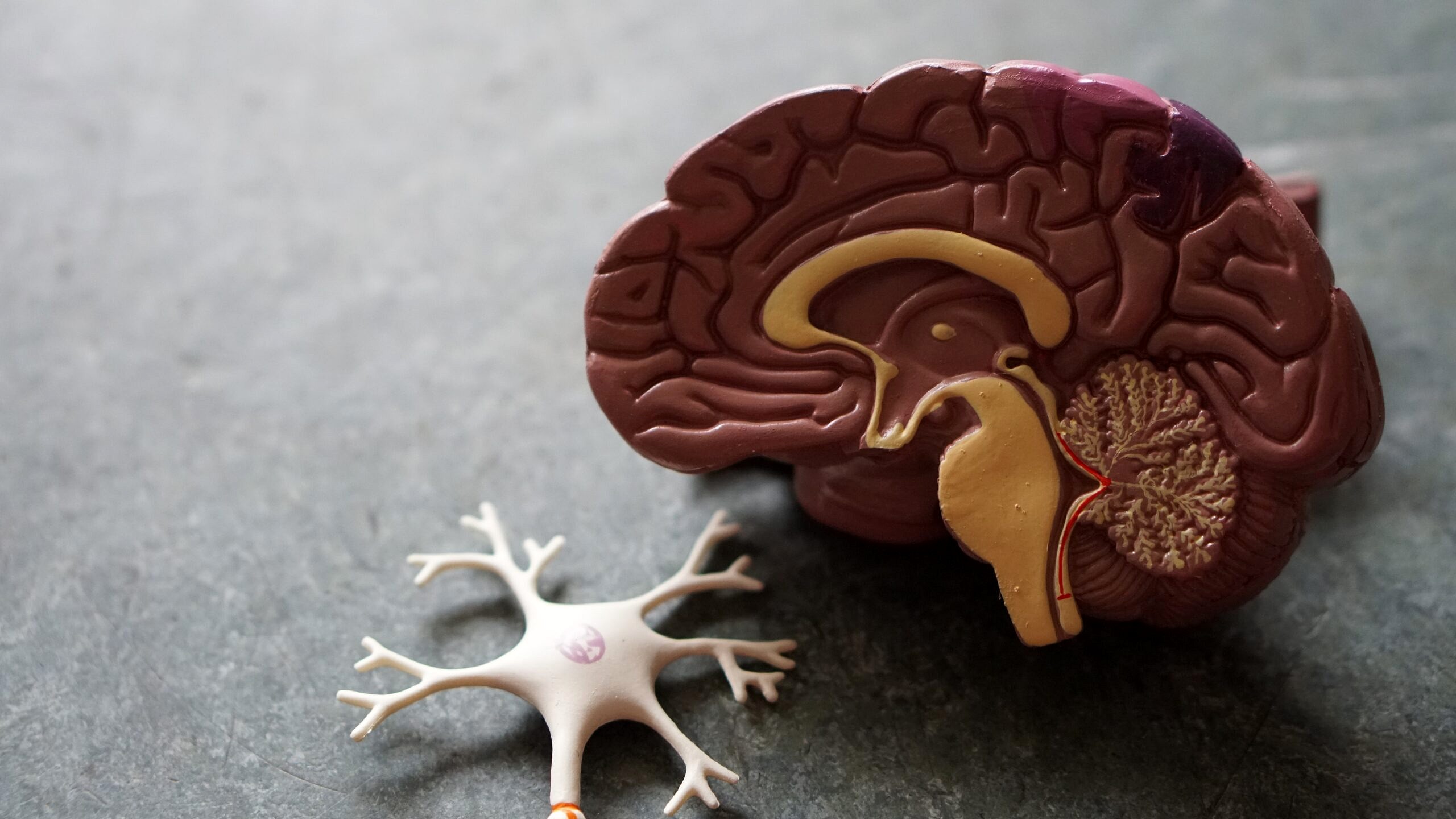
What About Excess Sodium and Sugar?
So often we use the term “bloated” to describe a feeling when we eat a really salty meal or a huge sugar load. But this puffy feeling is more accurately described as water retention. In the case of salt, high sodium foods can cause our bodies to retain excess water which can also contribute to feeling puffy or in colloquial terms, bloated. With carbohydrates, when consumed in excess, the energy we don’t immediately need gets stored as glycogen along with 3 grams of water for every gram stored. So this explains why people who go on low carb diets drop a lot of weight quickly – it’s a lot of their water storage weight from the glycogen depleting. This also explains why people who do not consume carbohydrates claim to experience no more bloating.
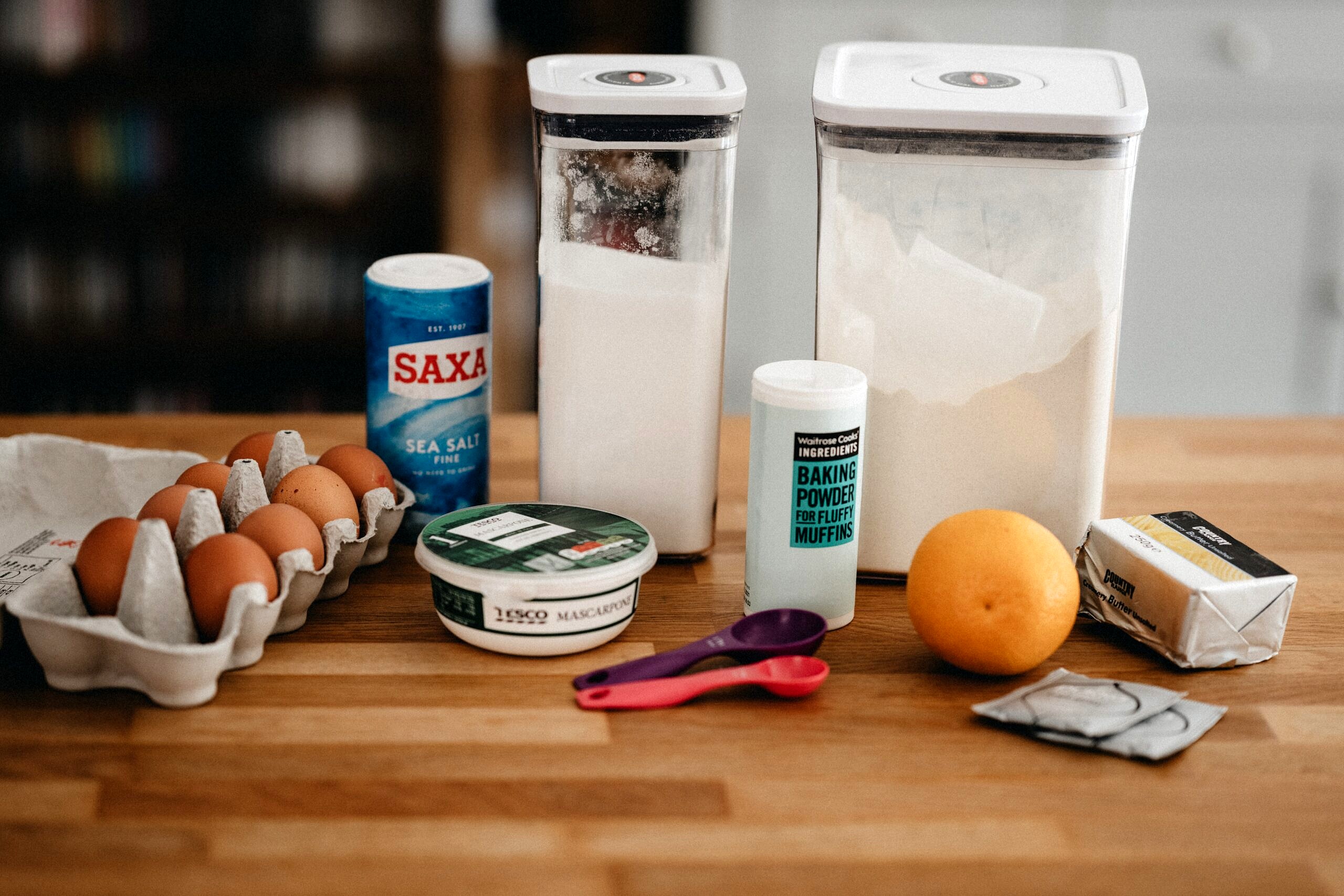
The Bottom Line
I want to remind everyone that this isn’t an exhaustive list of causes, and everyones bloating experience will be unique and often multifactorial. But I do hope this gives you all a bit of insight on your own digestive patterns and if its time to bring your case to a skilled practitioner for advice. Make sure you keep an eye out for part 2 of this series where we will discuss what to do about bloating and how to alleviate symptoms of bloat!
More Blog Posts You Might Like:
If you liked this blog post discussing no more bloating and common causes behind stomach upset, then you might also enjoy more blog posts on gut health:
- How to Stop Stomach Cramps and Pain
- Do Digestive Enzymes Help With Bloating?
- Vegan Diet and Bloating | How to Improve Gut Health
- Anti Candida Diet – Helpful or Hype (According to a Dietitian)
- Evidence on the Best Probiotics for Weight Loss, IBS, Constipation & More
- Tips to Avoid Holiday Heartburn and Indigestion
Updated on May 12th, 2022

Abbey Sharp is a Registered Dietitian (RD), regulated by the Ontario College of Dietitians. She is a mom, YouTuber, Blogger, award winning cookbook author, media coach specializing in food and nutrition influencers, and a frequent contributor to national publications like Healthline and on national broadcast TV shows.

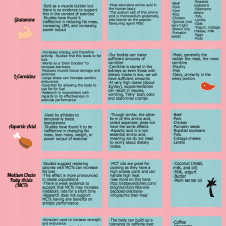
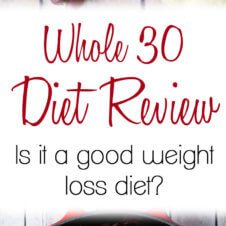

Carolyn says
I really found this interesting! I have a bloating pblm. Getting it everyday and so uncomfortable. This was helpful. Thanks!
Abbey Sharp says
So glad it was helpful!